Term 1c: What problems are students tackling?

Problems 1c is the culmination of the first year, building on and integrating previous learning from both Problems and Methods modules.
Led by faculty members Dr Mattia Gallotti and Isaiah Wellington-Lynn, the focus of Problems 1c is still a complex problem, as in Problems 1a and 1b. However, this time each student has chosen the problem they will work on independently.
Students were given a selection of problem statements to choose from or the opportunity to craft their own. Unsurprisingly, a vast majority of LIS students chose to set their own problem statement, reflective of their personal interest or professional goals.
While our students come from diverse academic and personal backgrounds that no doubt inform their choices for problem 1c, the problem statements seemed to fall under some major thematic categories. The most dominant of these being health, sustainability, technology, education, politics, art, communities in society, and philosophical questions.
Here are some examples of the problem statements students will spend seven weeks working on, culminating in a written study, a product proposal and a presentation to an audience:
- How can the NHS increase patient satisfaction?
- What non-animal proteins should humans consume to remain within planetary boundaries and how can they be brought to the mainstream?
- How can we mitigate algorithmic bias, and shape and control our own intake of data from platforms?
- How should universities decide who gains admission?
- How can music/the arts be used to to bridge gaps and misconceptions between cultures and countries?
- How can we reimagine communities/cities/public spaces to strengthen relationships?
- What role do the courts play in protecting free speech, and how can this be achieved whilst balancing individual rights with public good?
- How can we ensure independence and a non-biased approach of news and the press?
If you or your organisation are working on tackling these problems, and you would like to work with an LIS student in their research and beyond, please get in touch at hello@lis.ac.uk
Share this story
Sign up for our newsletter
Don't miss out on important updates including course information, new announcements, Open Day dates and the latest LIS news.

.jpg)
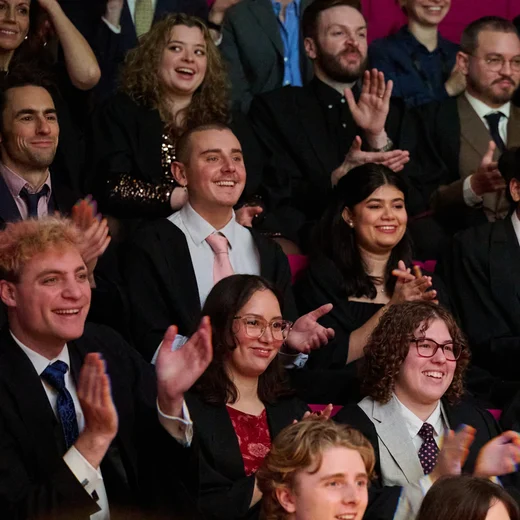


































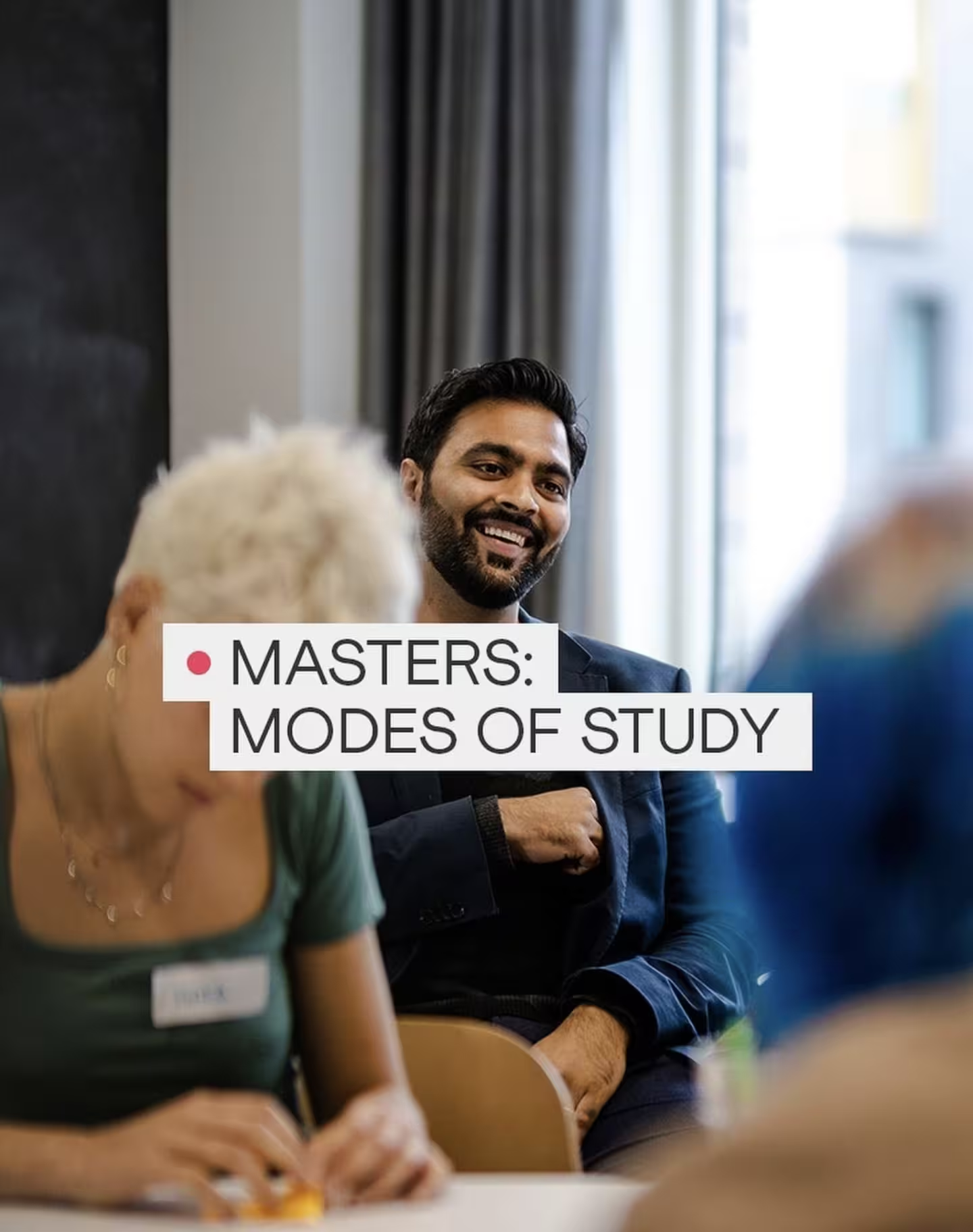
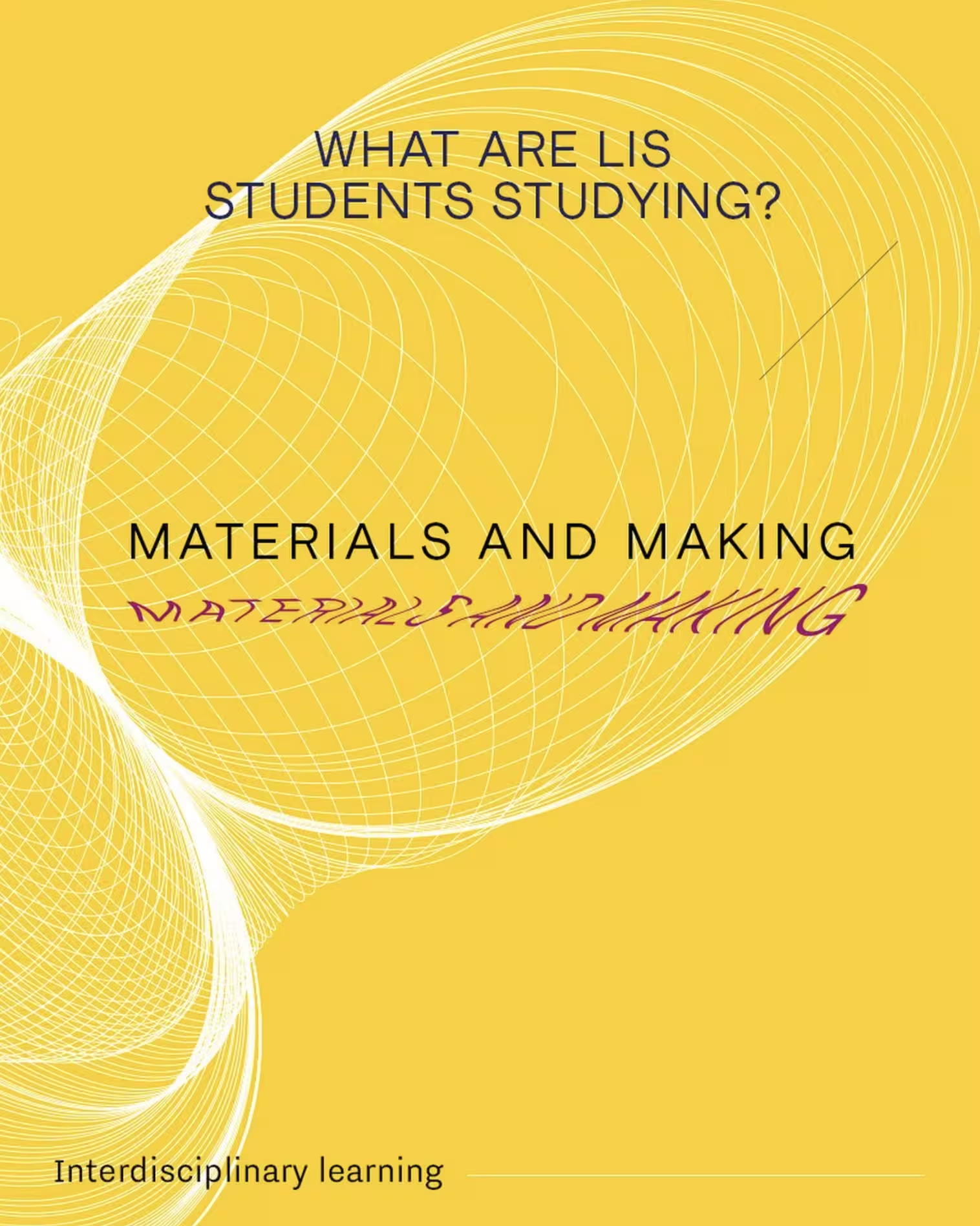
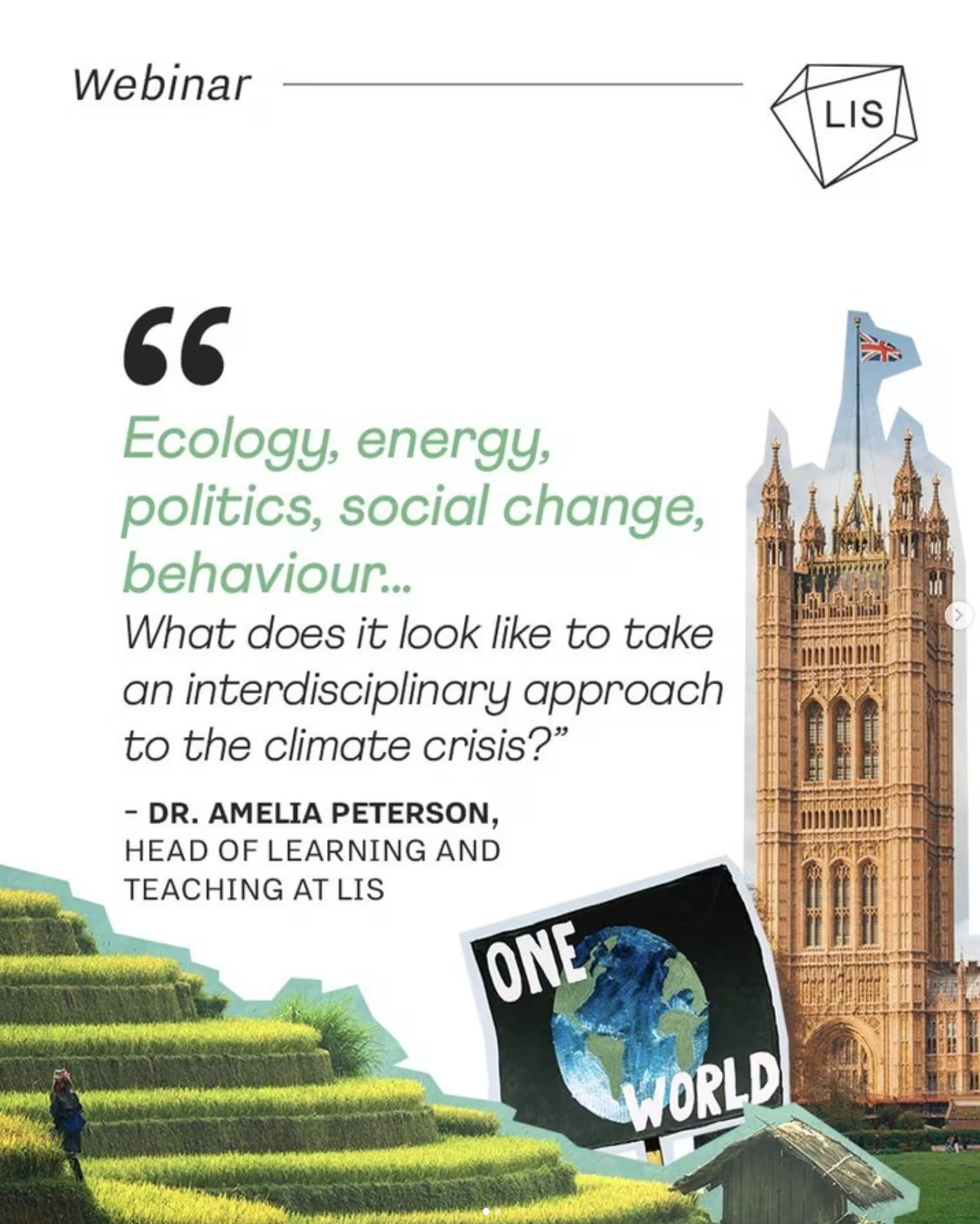






.svg)

.svg)
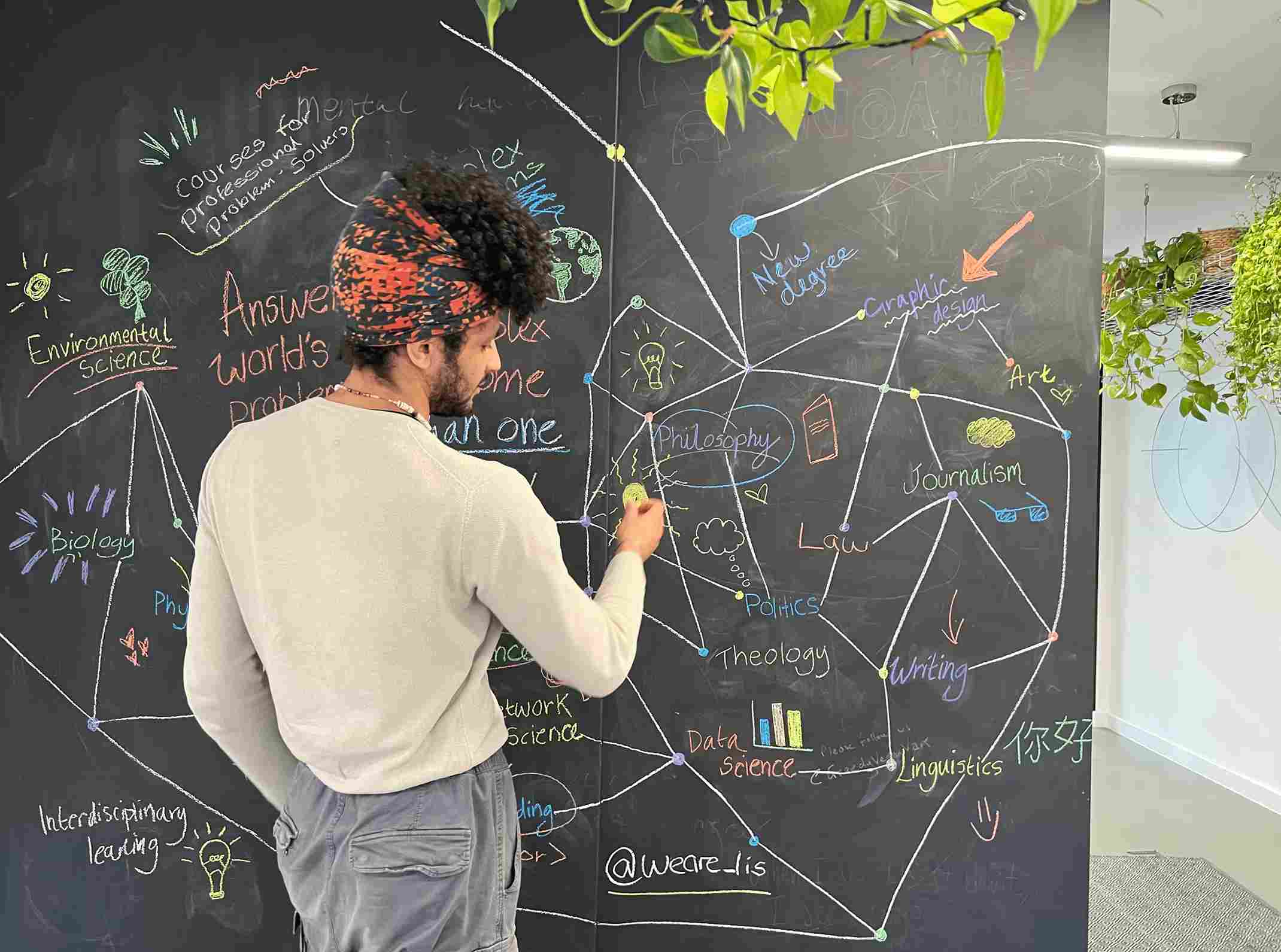
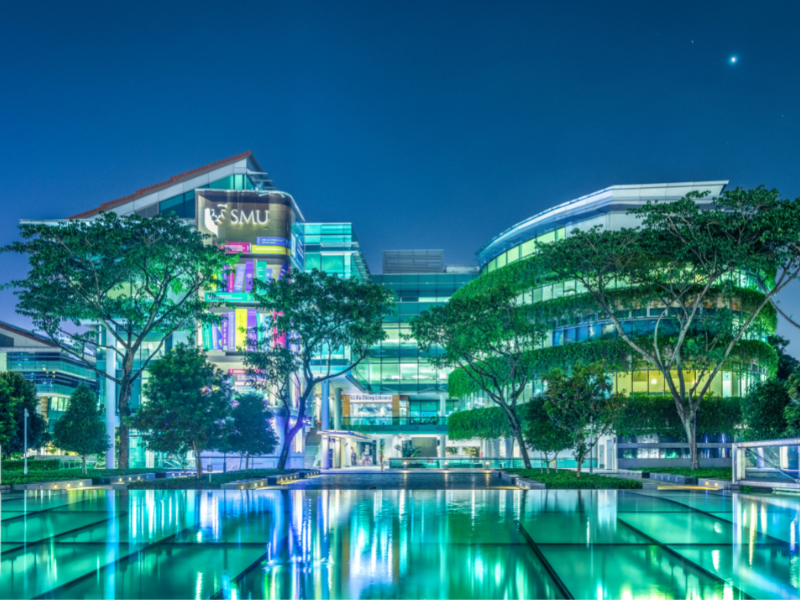






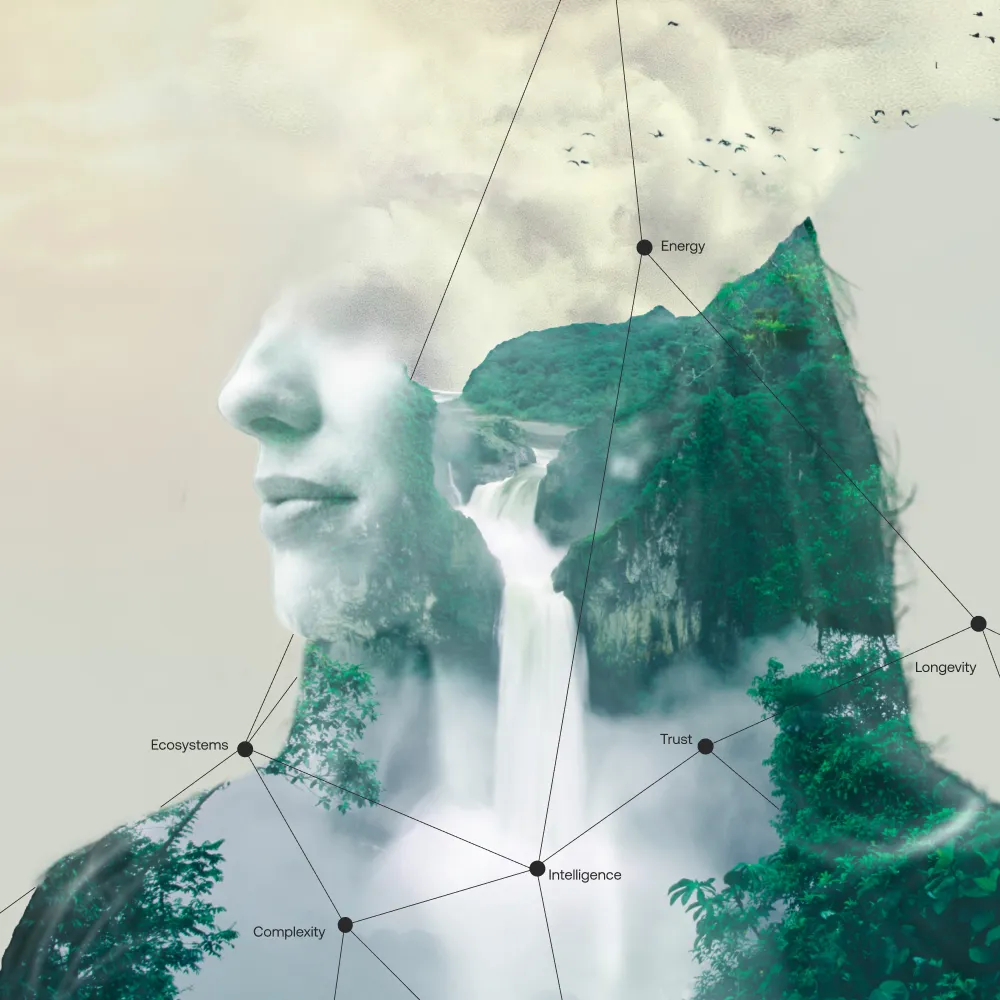
.webp)
This is a comment related to the post above. It was submitted in a form, formatted by Make, and then approved by an admin. After getting approved, it was sent to Webflow and stored in a rich text field.